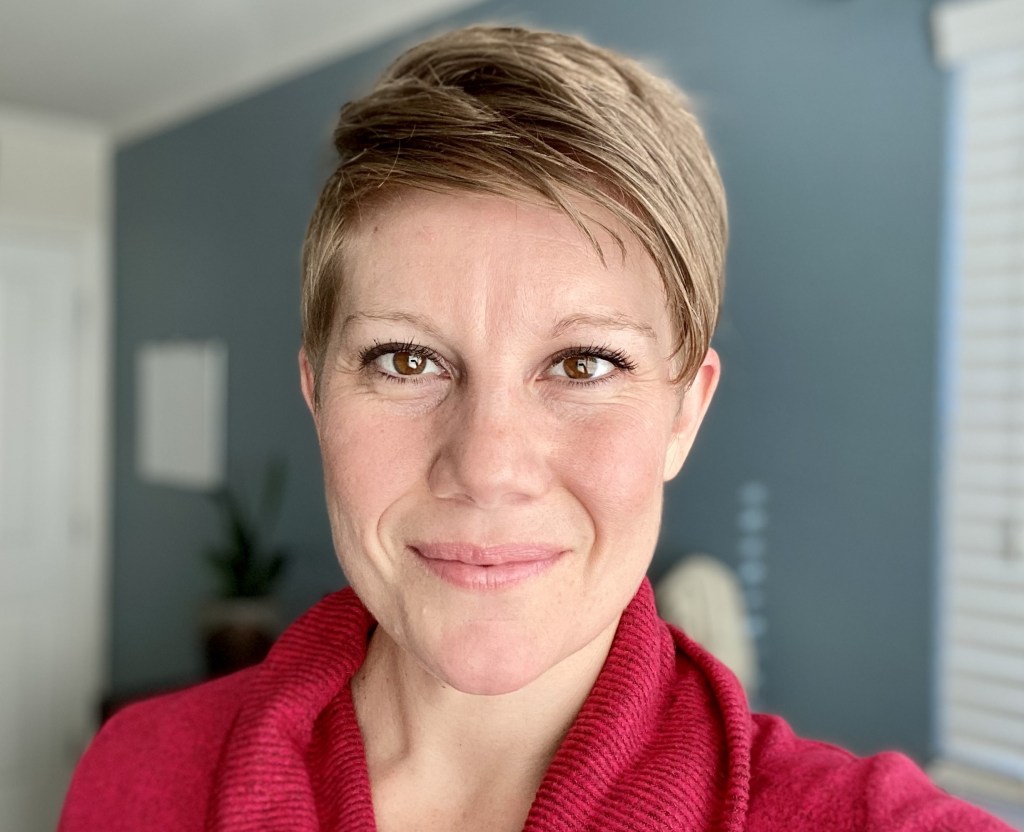Stan looked down at his hands, shifting in his chair. He felt apprehensive about the coming year. He was in his 60s, approaching retirement, in a rough marriage, and living for his kids who were both about to be out of the house. Crossfit and mountain biking had been his way of dealing with the stressors and emotions in his life. But, his shoulder was shot, and he needed surgery which required a lengthy recovery. He wouldn’t be able to exercise to cope with life. He didn’t know how he was going to get through it.

Most of us experience at least one moment like this, where the things that help us survive or thrive in life suddenly are not accessible. It’s like being suddenly tossed into a cold pool of all the thoughts and feelings and stressors that we had been dealing with indirectly. There’s a shock to it. It can feel like we are sinking, gasping for air as we thrash around.
Despite the discomfort, there are gifts available in these dark spaces. We come to know ourselves better. We give ourselves permission to receive more support from others and offer more grace to ourselves. We pivot and find new ways, often deeper or more direct ways, to tend to ourselves and life’s challenges.
In the space that injury or illness or grief creates, deeper questions often arise. What matters most? How do I work with my challenging thoughts and feelings? What doesn’t matter and can I let go of it? What do I need right now?
Stan first turned to beer and fast food, TV and social media, to cope after his surgery. He shared in our sessions that he was observing himself do this, knowing it was actually making things worse in the long run. But he was having a hard time figuring out how else to feel better.
We started by talking about what it was like for him right now. That was tough. He was a person who didn’t like admitting hardship; he’d rather find ways to fix it. But, when things can’t be fixed or are not in our control, we need to create space for our experience before we can effectively get into action. Once it was time for action, he started with small experiments: a daily walk and writing down “three good things” daily and in detail. It helped.
We revisited the idea of acceptance — not liking, approving, or resigning to the state of things, rather, ending the fight with reality. He began accepting the things he couldn’t change and felt the relief of allowing things that were not in his control anyway. Instead of following his urge to find a way to persuade other people to act differently, he observed it and experimented with just letting the moment pass. His stress level lowered.
With the new space he’d created in his mind and inner experience, he was drawn to start learning about stoicism. Several months after his surgery, his focus is now on how he can create opportunities to feel more light and content, and how he can put more positivity in the world.
He surprised himself; this was never on his radar before. He shared that without the disruption of surgery, he may never have reached this place. He is more content and enjoying life more, even though he may never return back to Crossfit or mountain biking. His life and actions are not perfect, but he’s proud of himself for what he’s accomplished during this chapter — more self-knowledge, more connection, more capacity to go with the flow.
The times when we feel lost and uncertain are a chance to deepen into who we are, how we take care of ourselves and others, and lean into what matters most. Want compassionate, practical guidance to navigate a challenging chapter? Submit below.
Tiffany Skidmore is a mental health and life coach who specializes in anxiety. Email your questions and feedback to [email protected] or submit them anonymously at tinyurl.com/thelifecoach. Visit tiffanyskidmore.com to learn more about Tiffany and her work.
